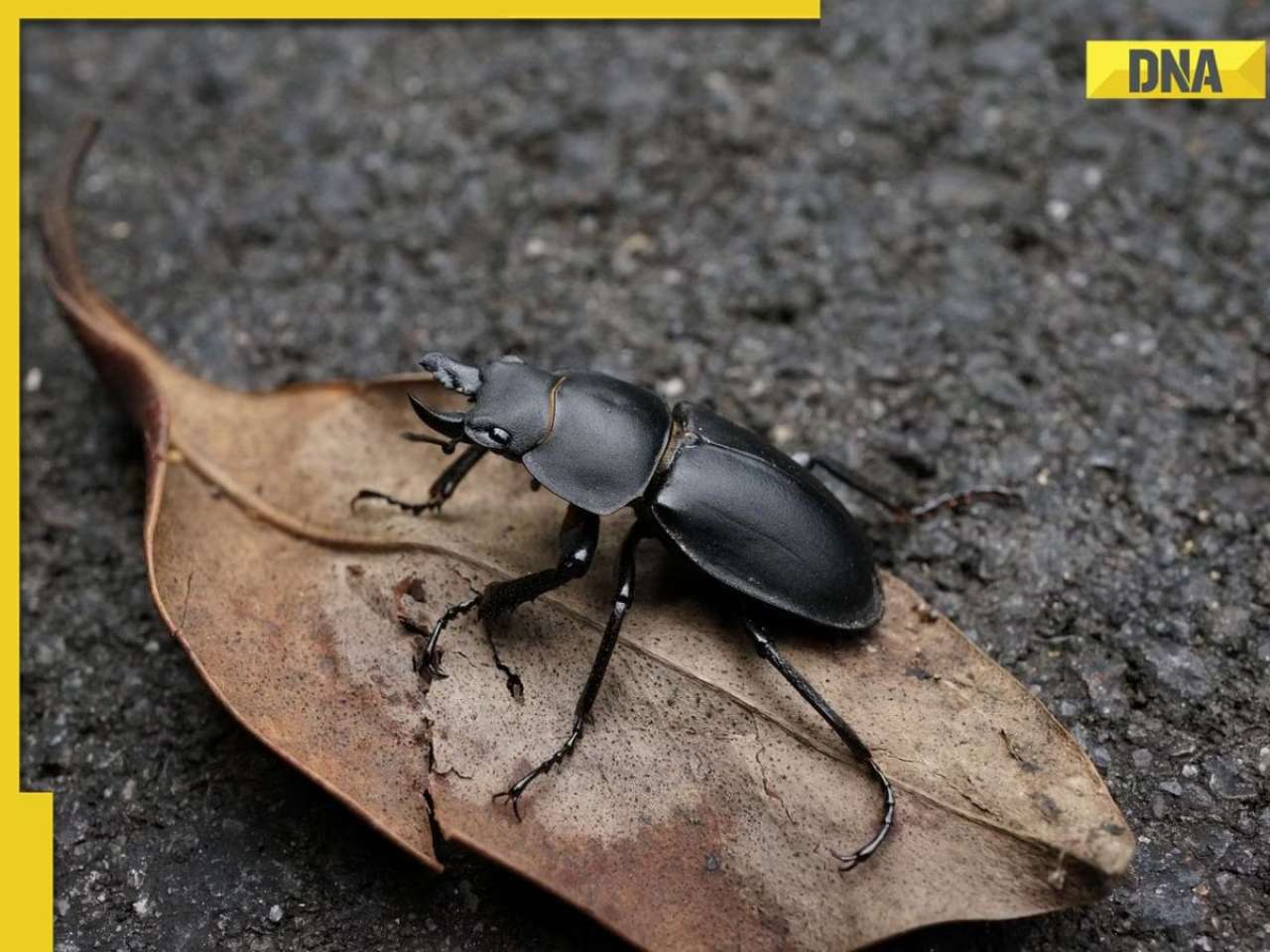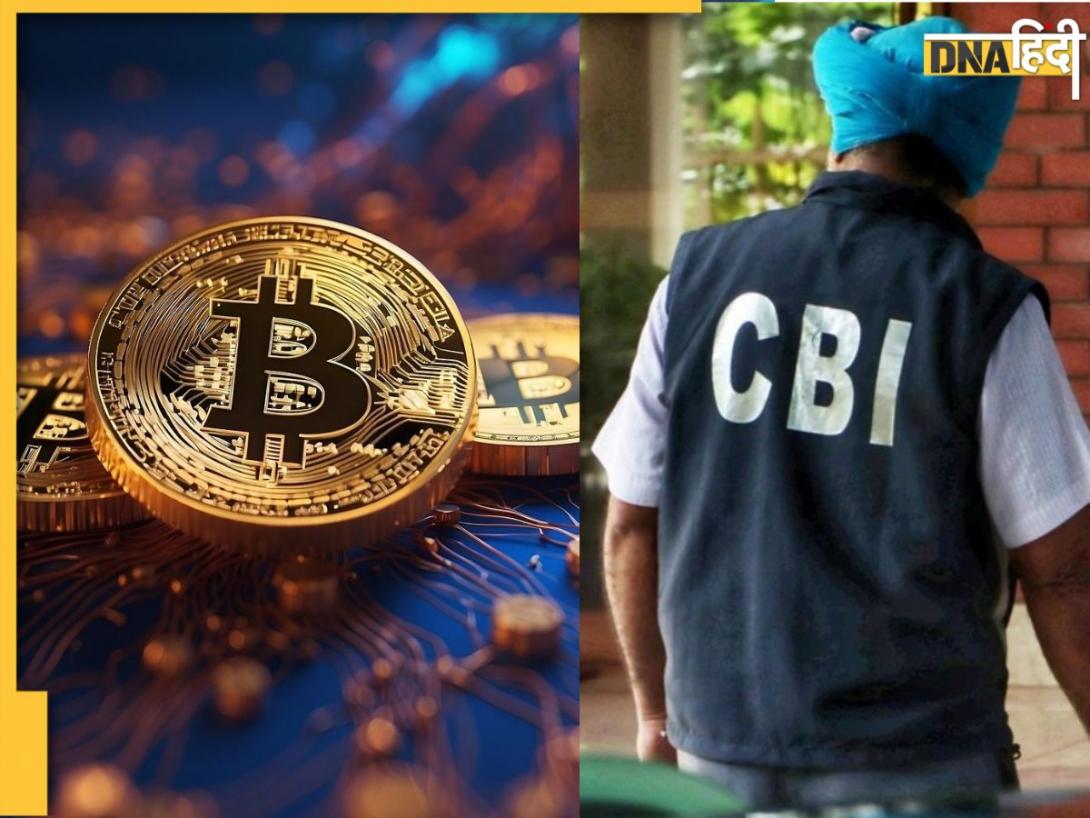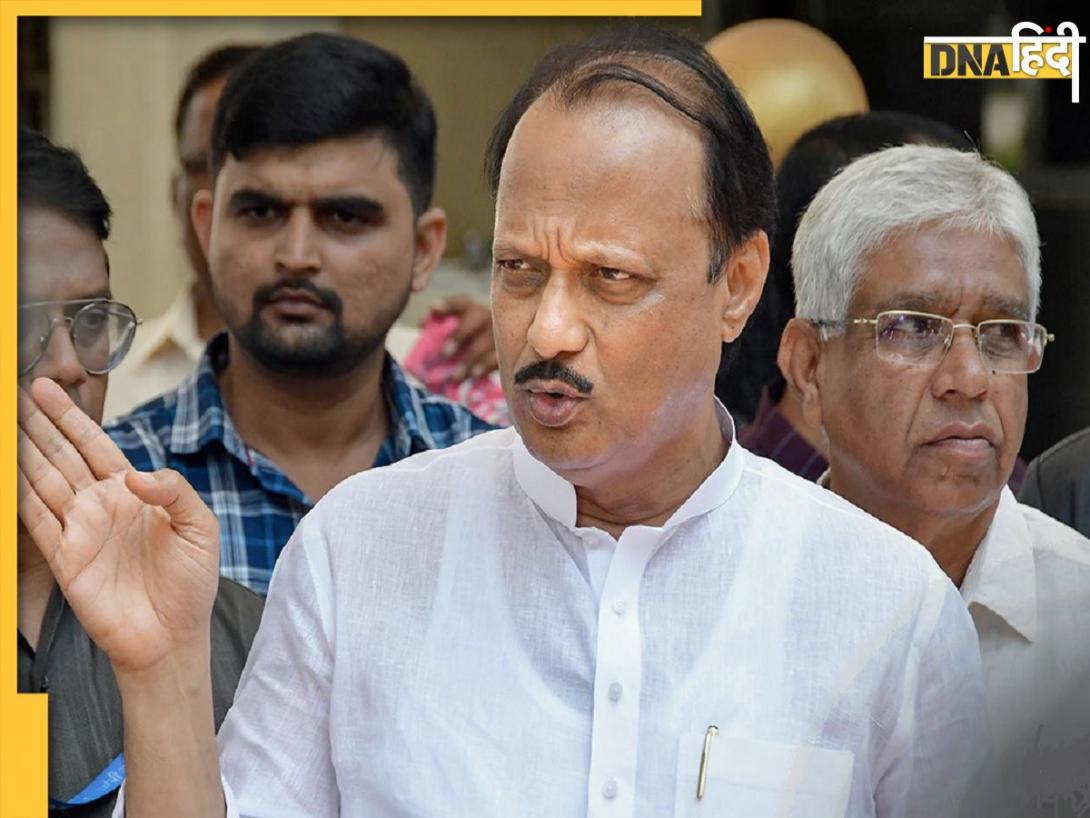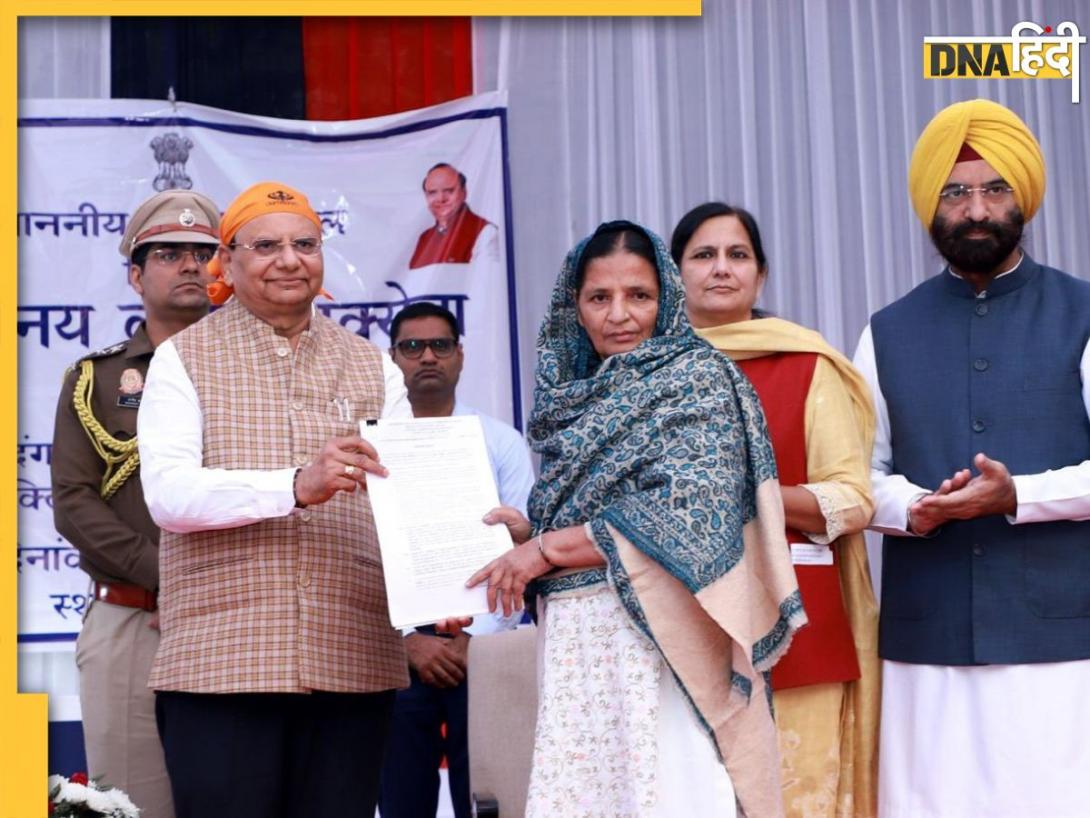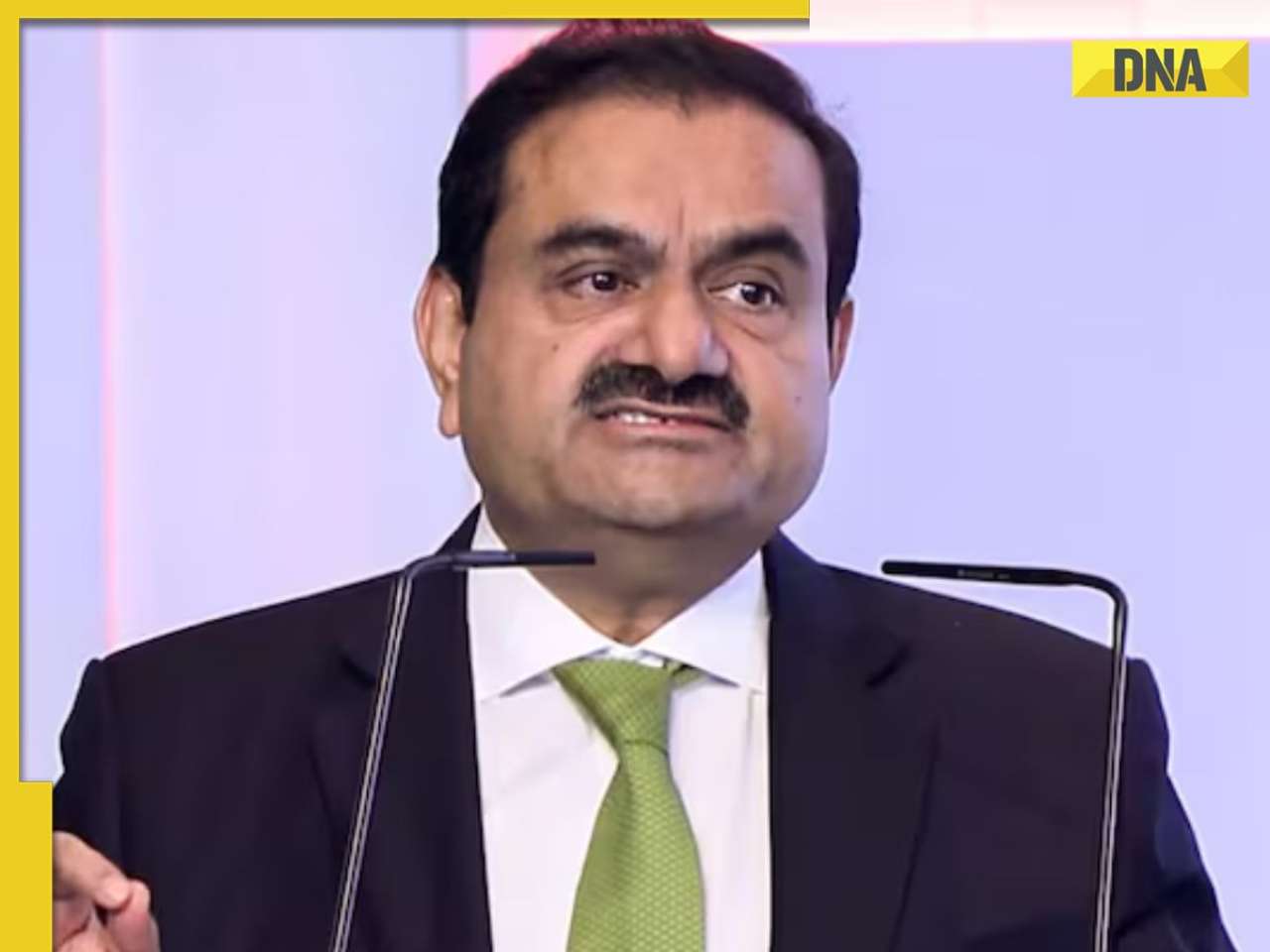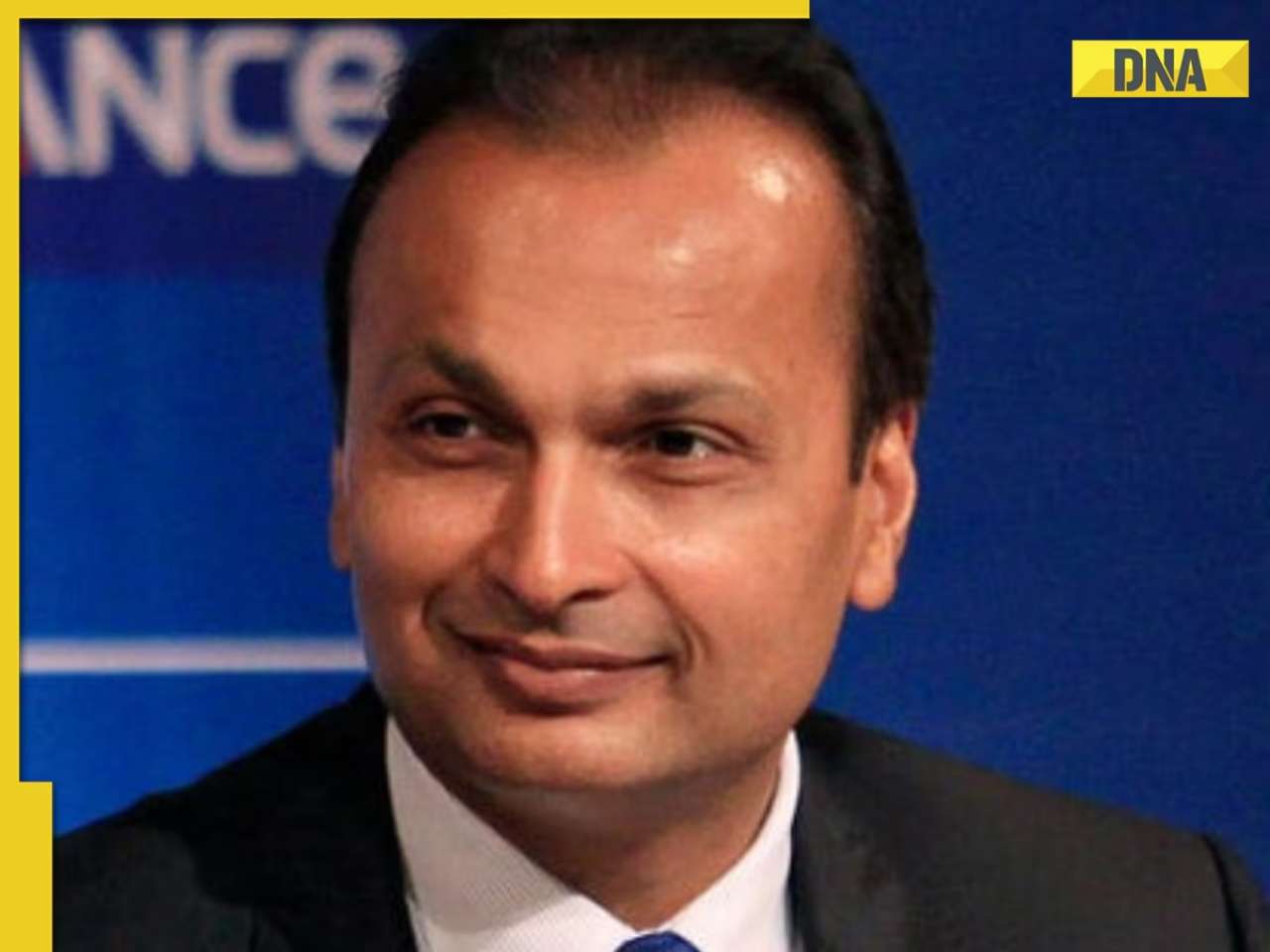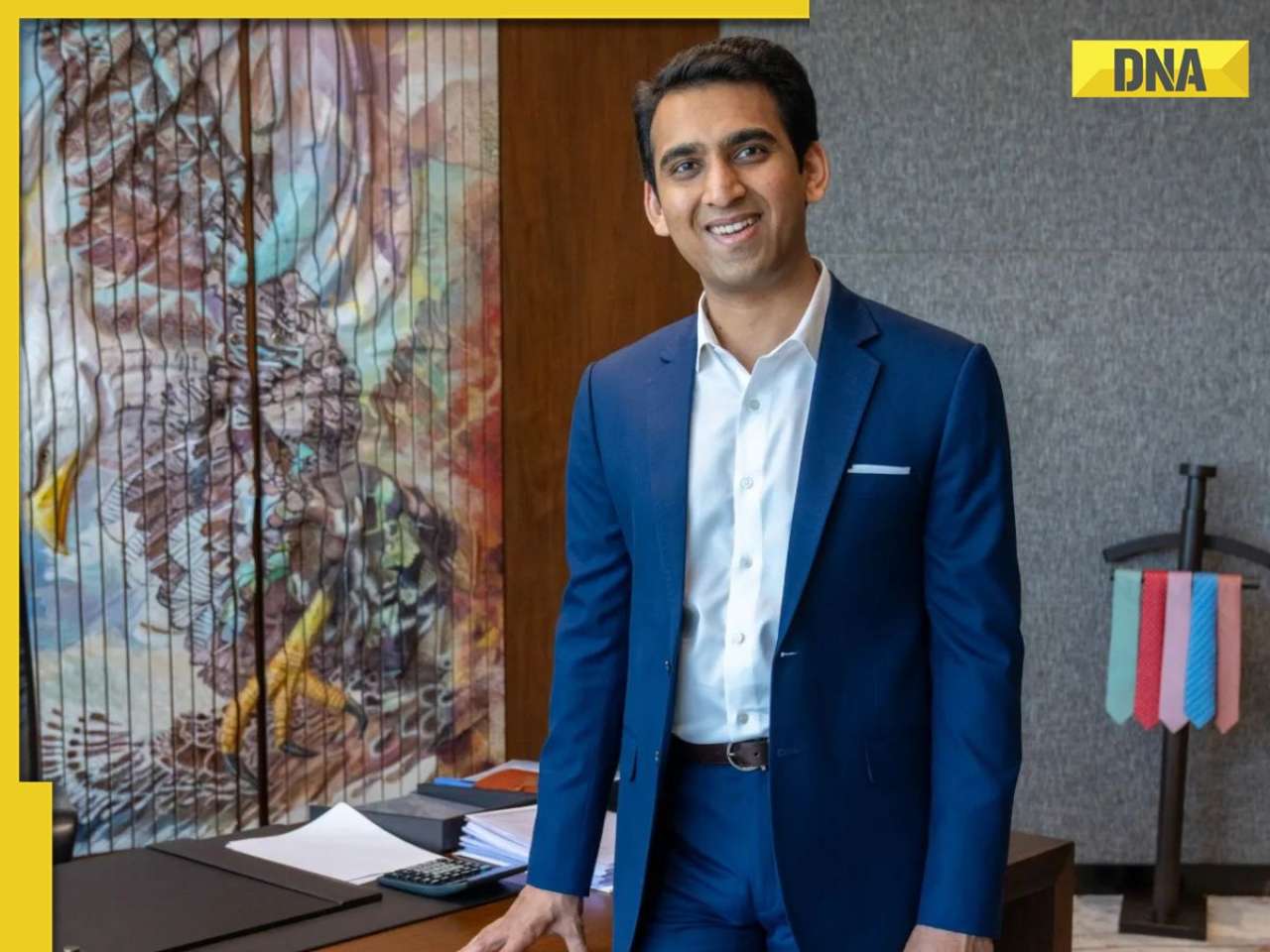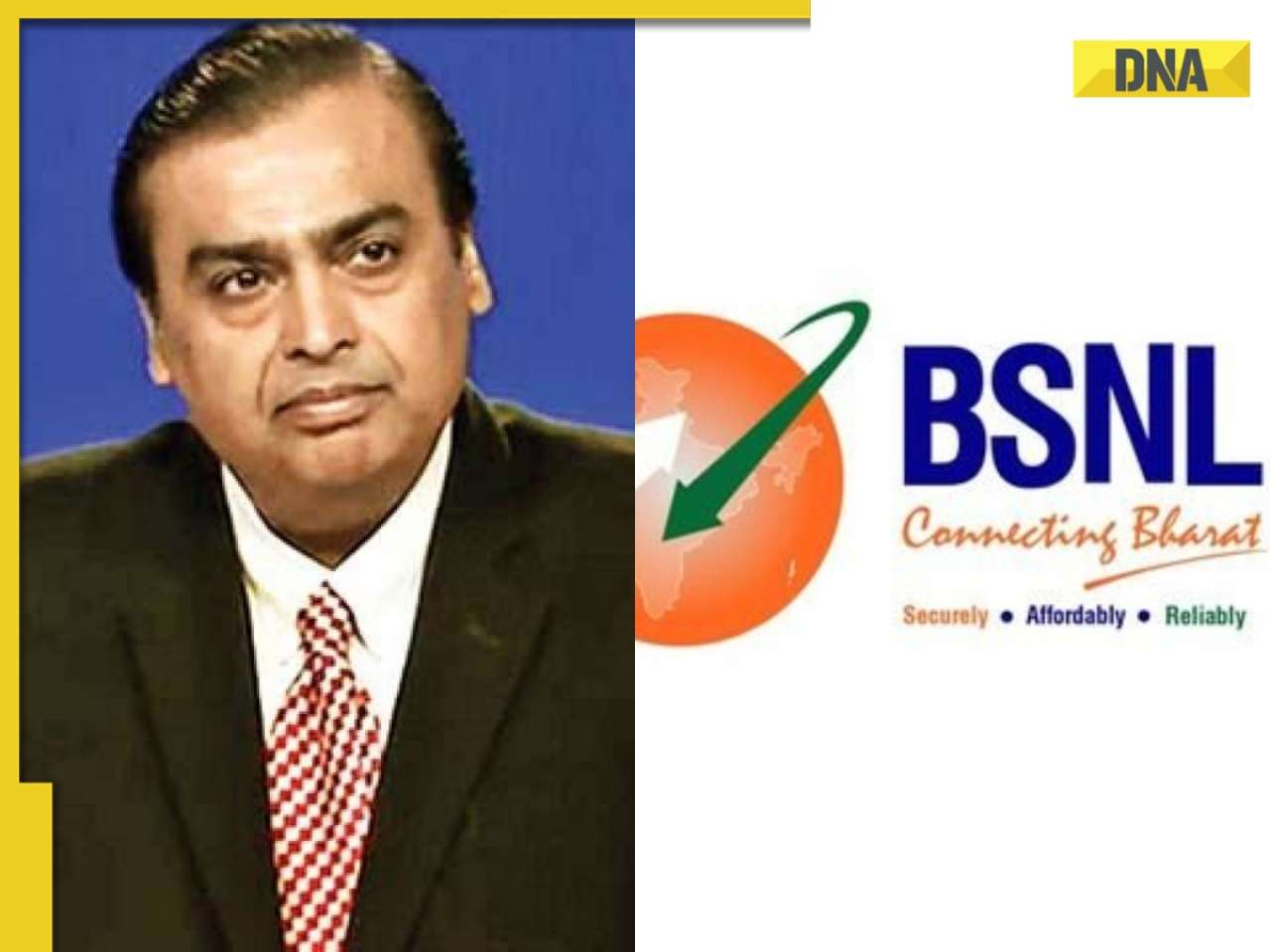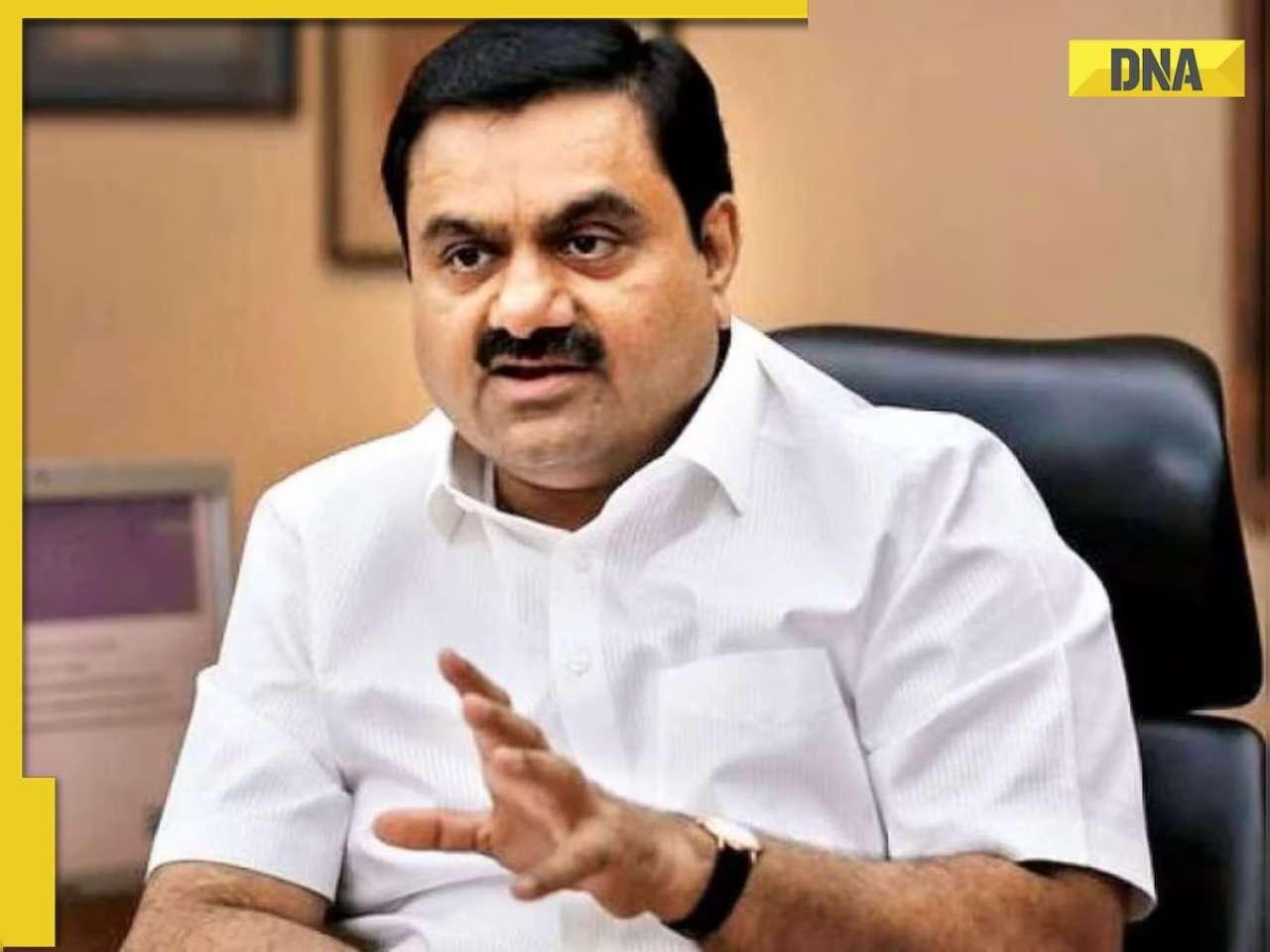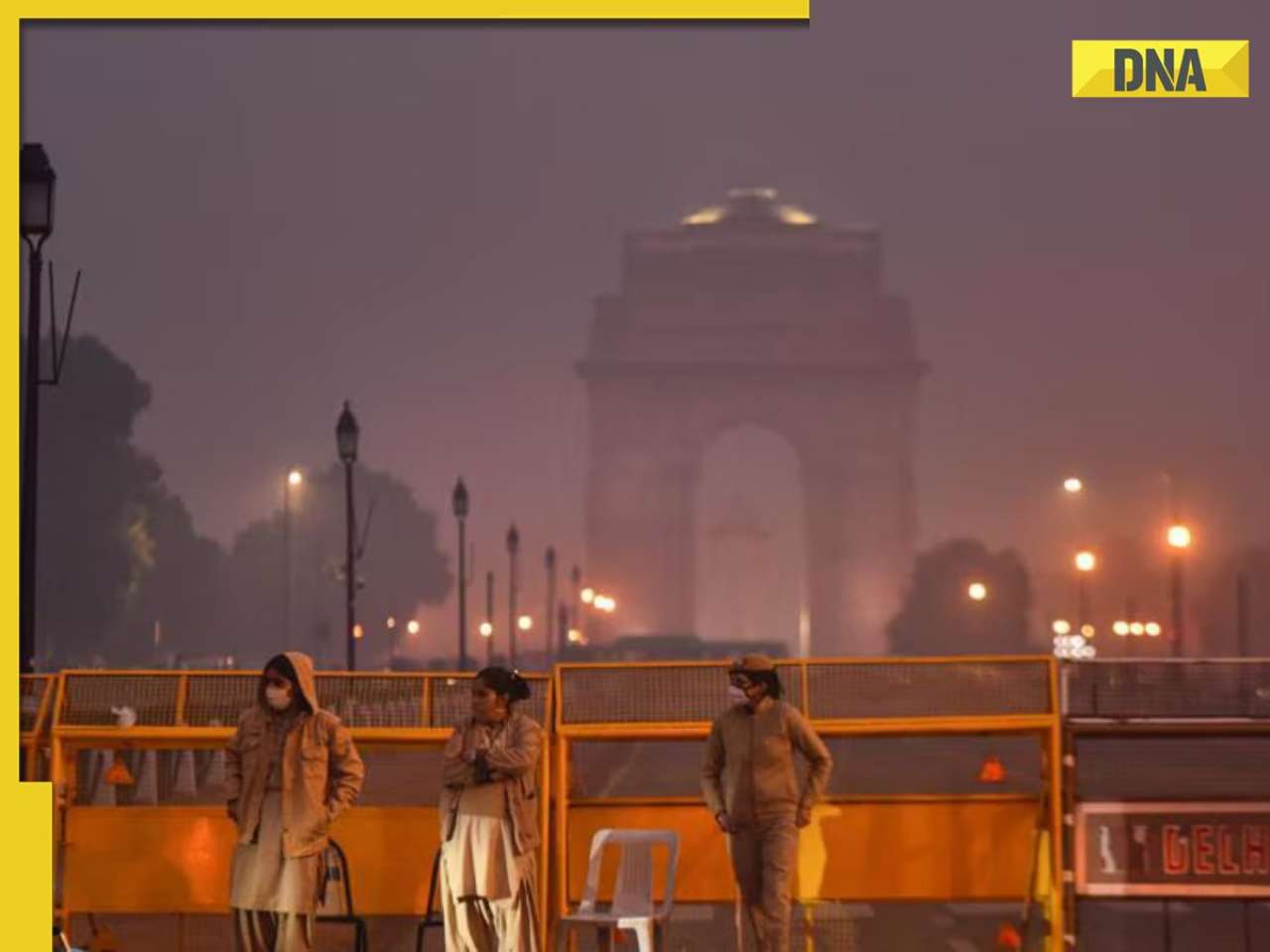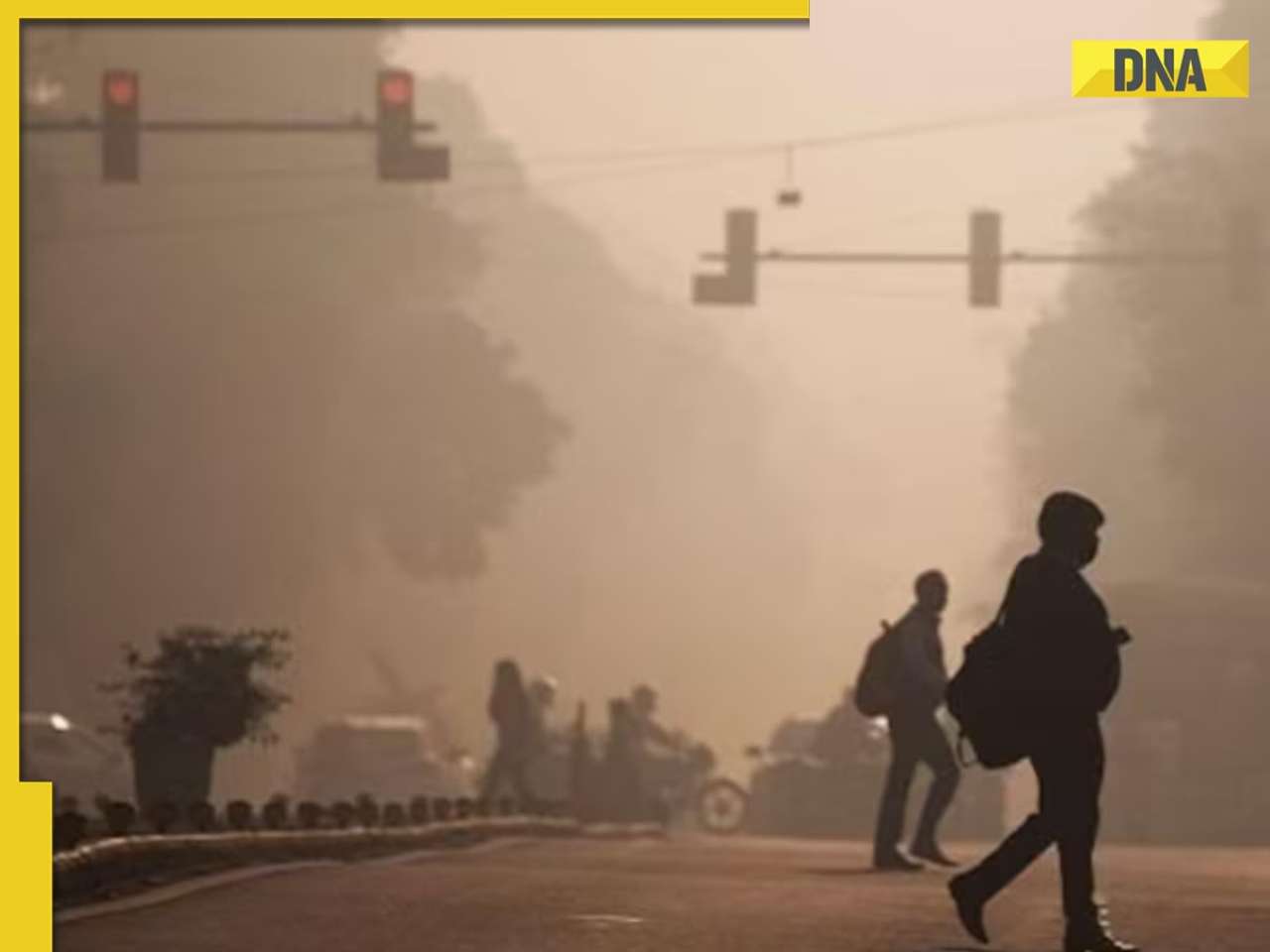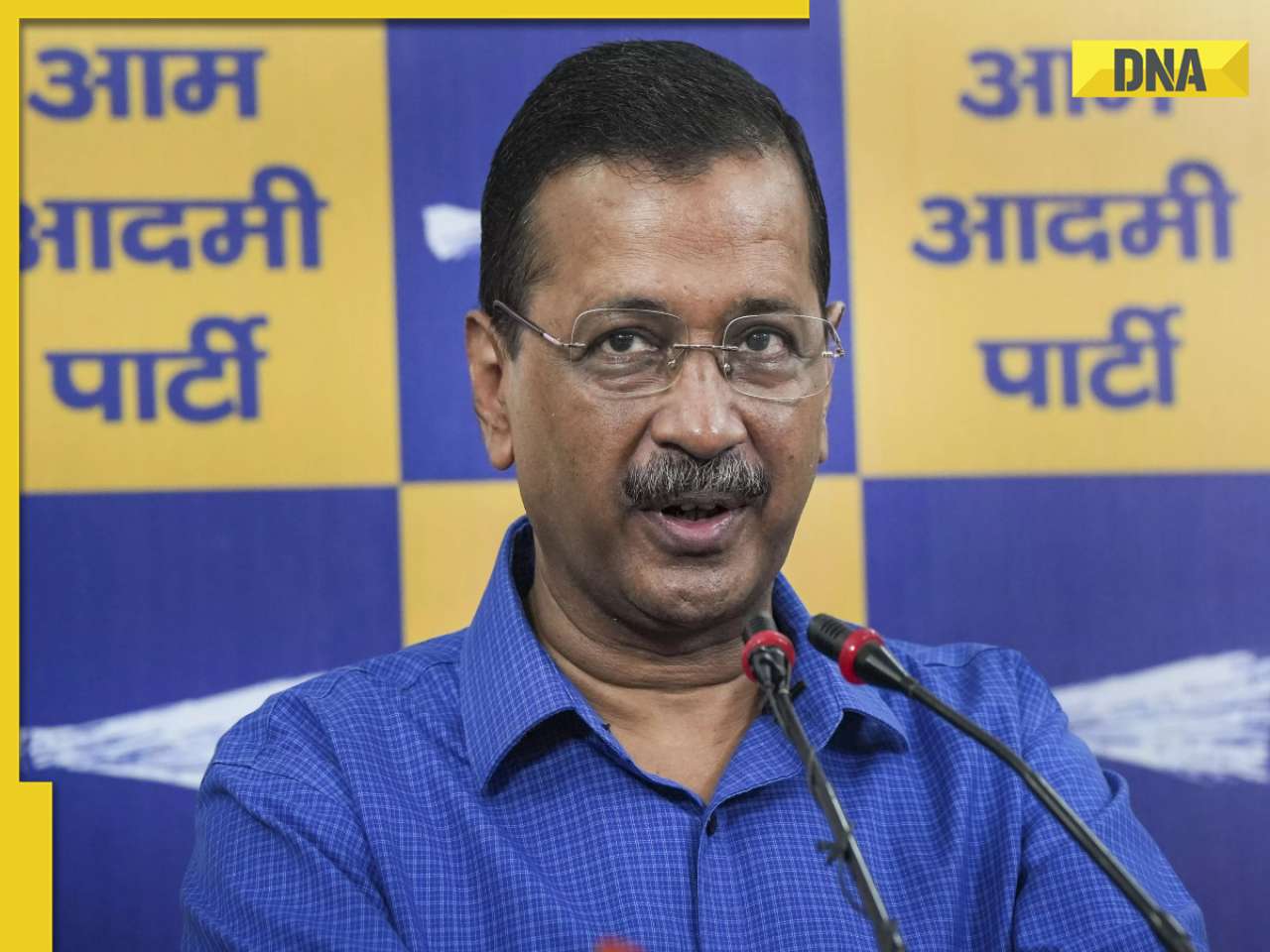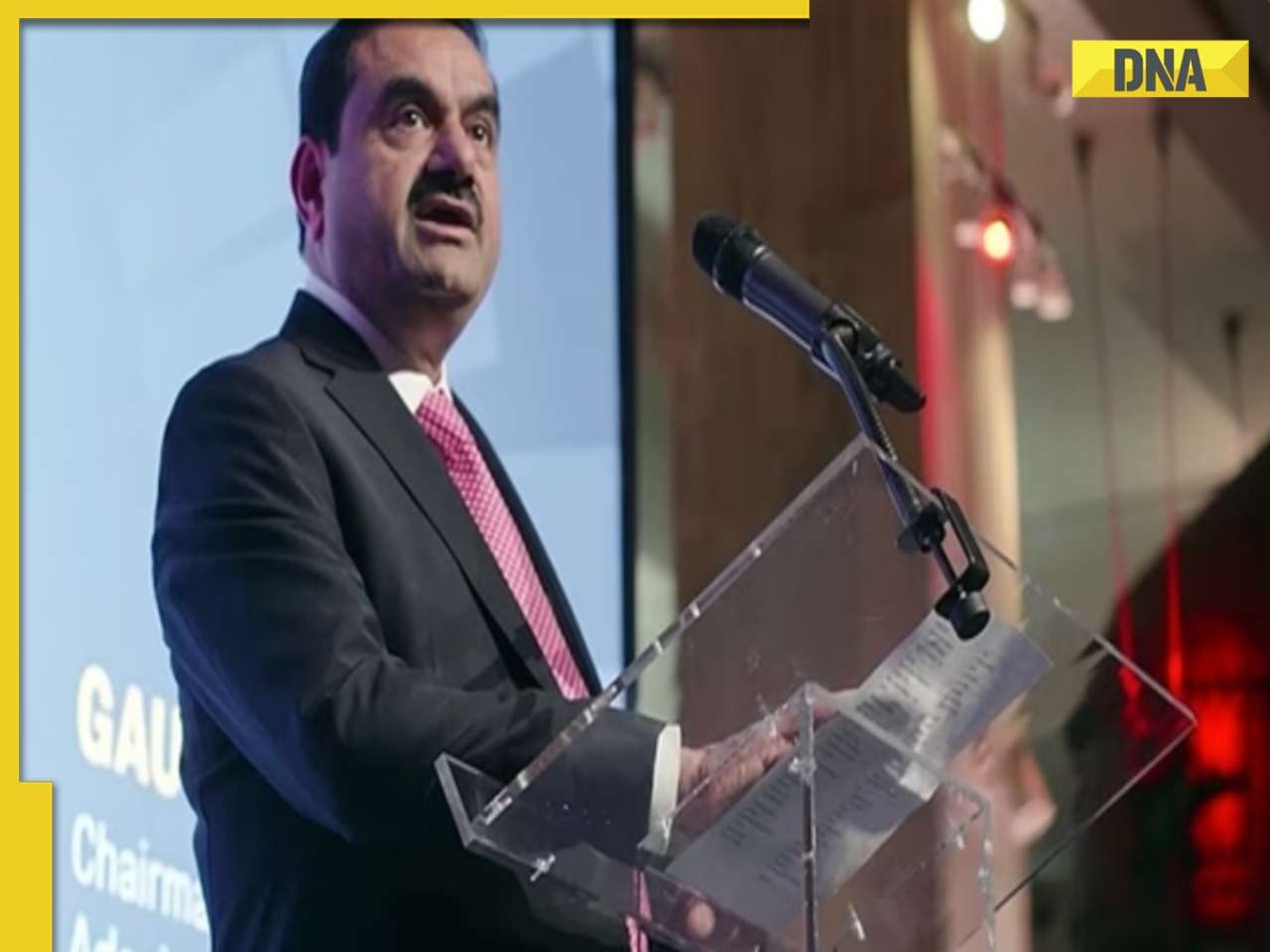- LATEST
- WEBSTORY
- TRENDING
INDIA
How new anti-trafficking bill introduced in LS will actually harm those it wants to protect
The Trafficking of Persons (Prevention, Protection and Rehabilitation) Bill, 2018, was introduced in the Lok Sabha by Union Women and Child Development Minister Maneka Gandhi on Wednesday.
TRENDING NOW
The Trafficking of Persons (Prevention, Protection and Rehabilitation) Bill, 2018, introduced by Women & Child Development Minister Maneka Gandhi in the Lok Sabha on Wednesday has raised the hackles of various activist organisations and people's movements as they point out how it still does not address violation of the rights of sex workers and threatens free speech and labour rights in its current form.
Meena Seshu of the National Network of Sex Workers said: “Since the cabinet approval in February we have approached the WCD Ministry several times asking them to share the details of the bill with all the stakeholders but this was not done leading to worries that our concerns have not been addressed."
She also wondered why the bill was allowed to be introduced in Parliament in such a hush-hush manner. “If the government is sincere about its intentions in taking everybody along why are the stakeholders being kept out of the process?”
It can be recalled that in May 2016, the WCD Ministry released a draft of the Trafficking of Persons (Prevention, Protection and Rehabilitation) Bill which was presented as the country’s first ever anti-trafficking law whose main purpose was to unify existing legislation and increase the definition to cover sectors other than that of sex work even while making rehabilitation a right for those who are rescued. Following the criticism of its earlier avatar, on February 28, 2018 another version of this bill was sent to the Cabinet and on approval was slated to be introduced into Parliament in the winter session. This bill was, however, introduced on the first day of the monsoon session on Wednesday.
The bill, while claiming to go a step further in addressing the issue of trafficking from the point of view of prevention, rescue and rehabilitation, has also further defined “aggravated” forms of trafficking, which includes trafficking for the purpose of forced labour, begging, trafficking by administering chemical substance or hormones on a person for the purpose of early sexual maturity, trafficking of a woman or child for the purpose of marriage or under the pretext of marriage or after marriage etc. In the name of protection and prevention, adult victims will be sent to rehabilitation homes or repatriated to their places of origin within the country.
“There is no provision provided if `victims’ do not want to go to rehabilitation or accept repatriation,” points out Aarthi Pai of Sangram, Bangalore. “This is against Article 19(1)(g) of the Constitution."
The bill also aims to supplement existing criminal law provisions on trafficking that primarily appears to be Section 370 of the IPC and the Immoral Traffic (Prevention) Act 1956. The definition of trafficking is drawn primarily from Section 370 of the IPC, which includes ‘any act’ of physical exploitation, sexual exploitation, slavery or practices similar to slavery and servitude.” Trafficking under this bill also includes begging, domestic work, farm or factory work.
While admitting, trafficking is clearly a criminal offence that requires strict measures to combat unscrupulous persons and criminal networks, activists point out how all measures to deal with trafficking in the bill focus on the victims rather than the perpetrators of the crime. Further, by seeking to reduce trafficking to merely an issue of law and order instead of one rooted in the changing socio-economic realities, the bill will end up further criminalising and incarcerating even those not trafficked (poor, beggars, sex workers, transgenders, bonded labourers, juveniles, surrogates) in the name of prevention, rescue and rehabilitation instead of giving them justice as the bill claims to do.
Lawyer, researcher and women's rights activist Vrinda Grover feels it is important to keep in mind that the Supreme Court of India has recognised ‘decisional autonomy’ as per of the ‘right to privacy.’ This autonomy includes the freedom to choose the nature of one’s work and whom one wishes to associate with. “This is particularly relevant for sex workers, who engage in such work in exercise of their decisional autonomy. This bill must expressly state that it does not include adult consenting workers who must be protected to continue working in their chosen work.”
Some of the key problem areas in the new anti-trafficking bill are:
1. The Constitutional Conundrum: Even if this bill is meant to fulfil the noble purpose of Article 23 of the Constitution of protecting persons from forms of exploitation such as forced labour, it can not do so by violating core protections embodied in Article 21 and Article 19. The key notions underlying Article 21 are dignity and autonomy. Even those who are trafficked have the right to make decisions about their life. By empowering authorities to place persons who are trafficked in custodial institutions without their consent, the bill fundamentally hits out at the notion that individuals under the Indian Constitutional framework have autonomy of decision making.
The bill also violates Article 19(1)(g) of the Constitution under which a citizen has the right to practice any profession or to carry on any occupation, trade or business. This bill by implicitly including sex workers within the definition of persons who are trafficked makes the lives of those who seek to make a livelihood from sex work much more precarious.
2. Legitimising regressive social morality and undermining Constitutional morality: The bill totally violates the rights of many of those identified as “victims” to consent at different levels - adult sex workers who choose to enter into consensual sex as a livelihood option, transgenders who might be undergoing hormonal therapy for sexual reorientation, young people who are trying to elope and get married against dominant norms of caste and class, workers who may not consent to go into a rehabilitation centre etc. The Indian state must defend adult persons to exercise their right to autonomy, dignity and freedom to make decisions either about choosing their partner, sexuality or work.
3. Targeting of adult sex workers: Despite the fact that the trafficking bill claims to be addressing other forms of slavery and servitude like domestic work, surrogacy and even marriage there is little doubt that the most vulnerable sections that will be adversely impacted by the bill are adult sex workers. The fundamental flaw with the bill is that it treats victims of human trafficking on par with adult persons in sex work. Trafficking of persons into forced or coerced labour (including sexual exploitation) should not be equated with sex work undertaken by consenting adults. This conflation could lead to misuse and over-broad application of the provisions in this bill. For instance, the report of the UN Special Rapporteur on violence against women regarding her 2013 mission to India Rashida Manjoo included specific recommendations to review the country’s statute on “immoral traffic” that de facto criminalises sex work and to “ensure that measures to address trafficking in persons do not overshadow the need for effective measures to protect the human rights of sex workers.”
4. Incarceration of victims through raids, rescue, rehabilitation and repatriation: There is ample evidence of the ineffectiveness and harm of ‘rescue, raid and rehabilitation’ on adult sex workers under the ITPA where they have been at the receiving end of laws and policies that have been blindly applied to them. A recently concluded study conducted by SANGRAM and VAMP called “RAIDED” revealed that out of a sample of 243 women picked up in raids in Maharashtra, 193 were adult consenting sex workers, who were incarcerated in rehabilitation homes against their wishes. Under the proposed law, this process will become more brutal and incursive for sex workers. It will also extend to groups of people most vulnerable because of poverty or who attempt to make a livelihood through precarious forms of work. (domestic workers, sex workers, transgender people). Through such forced incarcerations the bill will in fact end up criminalising livelihoods of the poor instead of affording them greater socio-economic protection and empowerment.
5. Ignoring Supreme Court Ruling and Recommendations: The clause on forced institutionalisation is also in violation of the order of the Supreme Court in Buddhadev Karmaskar vs Union of India, which states that women should not be compelled to be institutionalised in order to avail of rehabilitation. Moreover, the 7th Report of the Panel on Sex Work, constituted by the Supreme Court under the same case, included recommendations such as adopting community-based rehabilitation, i.e. alternatives that are not contingent on trafficked women staying in state-run ‘homes’ and also revising laws like the ITPA so as to distinguish between those coerced into sex work and those who engage in it voluntarily, so that interventions are tailored to those who need them. However, no such provision is incorporated within this bill.
6. Creating a powerful and non-accountable enforcement bureaucracy: Instead of streamlining enforcement, the Trafficking bill has created a complex, powerful and parallel bureaucracy at the district, state and national level. An ever-present fear is that the decisions of the judiciary are supplanted by a powerful committee at the district level and with no recourse to appeal for the victim. For instance, the DATC has also been given powers of repatriation (both within a state and across borders). Besides, none of the proposed bodies have any representation from affected communities, whose participation and perspective is vital for addressing trafficking successfully. As noted above, in light of their effective role and contribution, involvement of sex workers in oversight committees and anti-trafficking boards was strongly recommended by the Supreme Court-appointed panel, a suggestion that has been totally ignored.
7. Surveillance and lack of accountability: The National Anti-Trafficking Bureau (Section 4) is tasked with prevention and monitoring, with powers for surveillance with the co-operation of other law-enforcement bodies, and an explicit function of creating a database of crimes related to trafficking, without concomitant obligations for such intelligence gathering and database creation to be necessary or proportionate.
8. Promoting trafficking & exploitation. Free speech?: Section 36 of the bill that seeks to proscribe the “advertisement, publication, printing or broadcast or distribution by any means, including the use of information technology or any brochure, flyer or any propaganda material that promotes trafficking of person or exploitation of a trafficked person in any manner” has tremendous potential to regulate and impose restrictions on free speech. Rather than imposing a rigorous standard of actual and direct nexus with the act of trafficking/exploitation, a weaker standard of causality is imposed. In this event, any of our vast number of self-appointed moral guardians could also pull within this provision any artistic work that they may personally find offensive or ‘obscene’. Needless to say, this paves the way for a severe chilling effect on free speech, especially on critical speech around trafficking issues.
9. Implications of Unifying Overlapping Legislation - from rights to repatriation: In the context of a victim of trafficking, mere repatriation is simply not enough, and moreover, seems to indicate that removing a victim from a geographical area solves the problem of trafficking. The bill in clause 31(1) defines trafficking for the purpose of bonded labour. The victims in such cases will be produced before the magistrate before being detained in custodial institutions. The approach to bonded labour in the current 2018 bill is based on custody, while the approach in the Bonded Labour Act is non-custodial and aims to protect the rights of the bonded labour including extinguishing debt bondage. By privileging the 2018 approach of custody over the 1976 approach of rehabilitation which places the rights and agency of the bonded labour at the centre of the legislation, the bill sends a larger message on how the state prefers to deal with poverty and precarious forms of labour.
10. A carceral approach to a socio-economic problem: The bill fails to understand the links of trafficking with more structural issues like poverty, lack of equal opportunities and skewed development policies. The aspiration to move and access better living conditions forces persons to move in an unsafe manner and accept work in a criminalised environment, for instance in sex work or as undocumented workers abroad. This bill adopts a carceral approach that criminalises such vulnerable individuals instead of putting in place comprehensive policies, programmes and measures that address the factors that make persons vulnerable to trafficking.
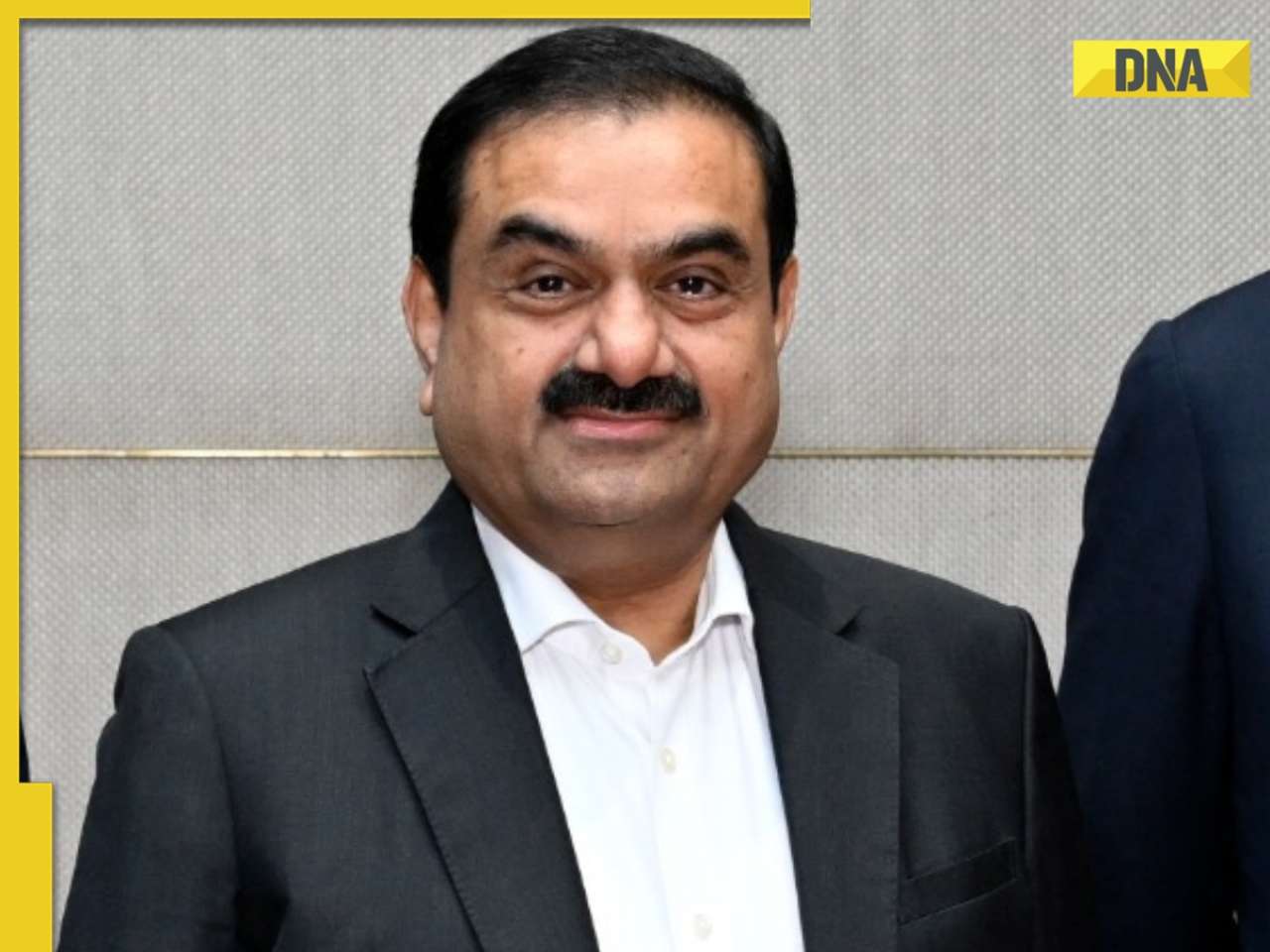






)
)
)
)
)
)
)
)
)
)
)
)
)
)
)
)





